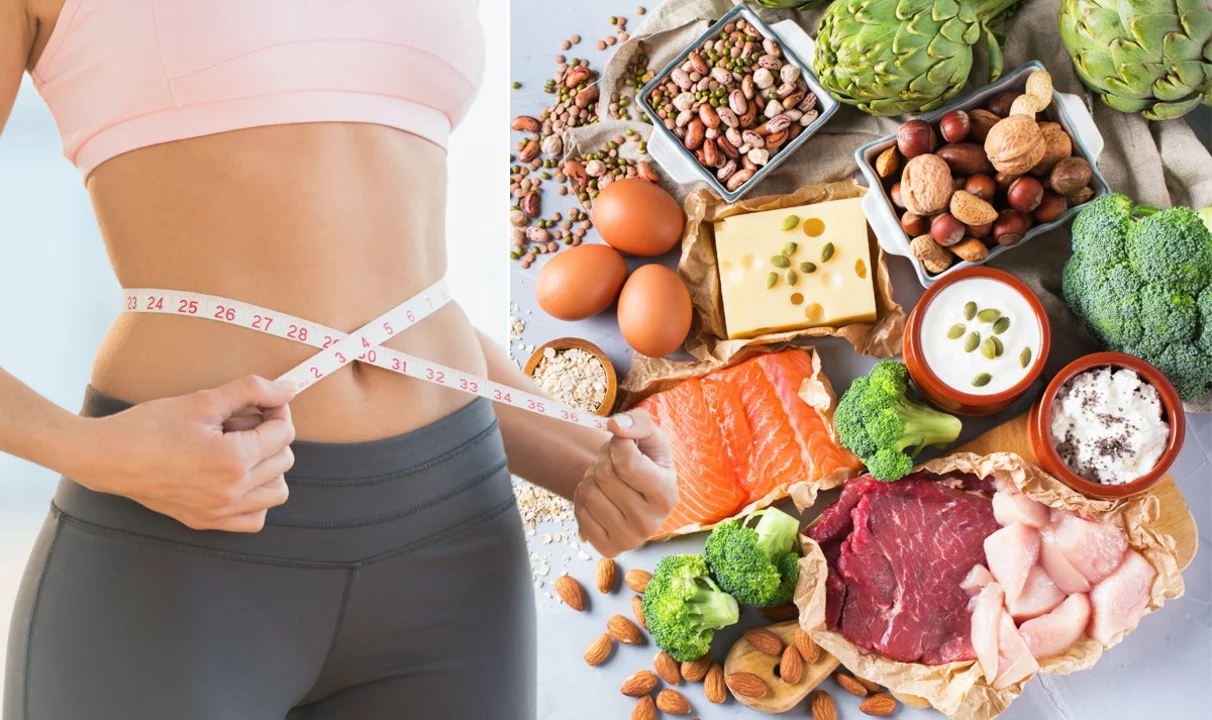Daily Diet: Practical Tips for Better Meals Every Day
Want a daily diet that actually fits your life, not a strict plan you quit by Wednesday? This page gives clear, usable tips you can try tomorrow—no extremes, just simple swaps and routines that improve energy, mood, and digestion.
Start by focusing on three things each day: protein at every meal, plenty of vegetables, and whole grains. Protein keeps you full and steady; vegetables give vitamins and fiber; whole grains avoid blood sugar spikes. These three form a reliable base for most people.
Quick daily diet rules
Eat a protein source at breakfast. Try eggs, Greek yogurt, canned tuna, or a scoop of protein powder if you’re rushed. Adding protein reduces mid-morning cravings and helps focus.
Make vegetables half your plate at lunch and dinner. Raw salad, roasted veg, or a quick stir-fry all count. Frozen vegetables are convenient and often as nutritious as fresh.
Choose whole grains over refined carbs. Swap white bread for whole-wheat, plain rice for brown or mixed grain rice, and regular pasta for whole-grain pasta. The extra fiber keeps you fuller longer.
Include healthy fats in small amounts. Olive oil, nuts, seeds, and avocado add flavor and help your body absorb fat-soluble vitamins. A handful of nuts or a drizzle of olive oil is enough.
Drink water steadily. Aim for regular sips rather than forcing liters. Flavored water with a slice of lemon or iced herbal tea can make it easier.
Limit added sugars and heavily processed snacks. If you crave sweets, try fruit with nut butter or dark chocolate—the satisfaction comes with less crash.
Sample day and shopping tips
Try this quick sample day: breakfast — Greek yogurt with berries and oats; lunch — chicken salad with mixed greens and quinoa; snack — apple with almond butter; dinner — baked salmon, steamed broccoli, and brown rice. Small changes like these add up fast.
Shop smart: make a short list, buy frozen veggies, pick canned beans for protein and fiber, and choose whole-grain staples. Avoid shopping hungry to skip impulse buys.
Prep once for the week. Roast a tray of vegetables, cook a batch of grains, and portion snacks into small containers. When food is ready, you’ll eat better without extra effort.
Adjust portions to your goals. If you want to lose weight, slightly reduce grains and add more vegetables. If you need more energy, increase whole grains and snack on nuts or yogurt between meals.
Pay attention to timing. Eating every three to four hours helps steady blood sugar and prevents binges. Short protein-rich snacks keep you on track.
Finally, be flexible. Missing a target once doesn’t break your progress. Small consistent changes beat perfect but short-lived diets every time. Try one swap this week and see how you feel.
Track sleep and mood along with food. Poor sleep makes cravings worse. Use a simple habit tracker or phone notes to record what works for you. Small wins build healthy habits fast.
Start today now.
Discover the Amazing Benefits of Great Plantain in Your Daily Diet
I recently discovered the amazing benefits of great plantain, and I just had to share this with you all! By incorporating this versatile plant into our daily diets, we can enjoy benefits like improved digestion, boosted immunity, and reduced inflammation. Not only that, but great plantain is also packed with essential vitamins and minerals. So, if you haven't already tried this fantastic superfood, I highly recommend giving it a go and reaping its numerous health benefits. Trust me, your body will thank you!





